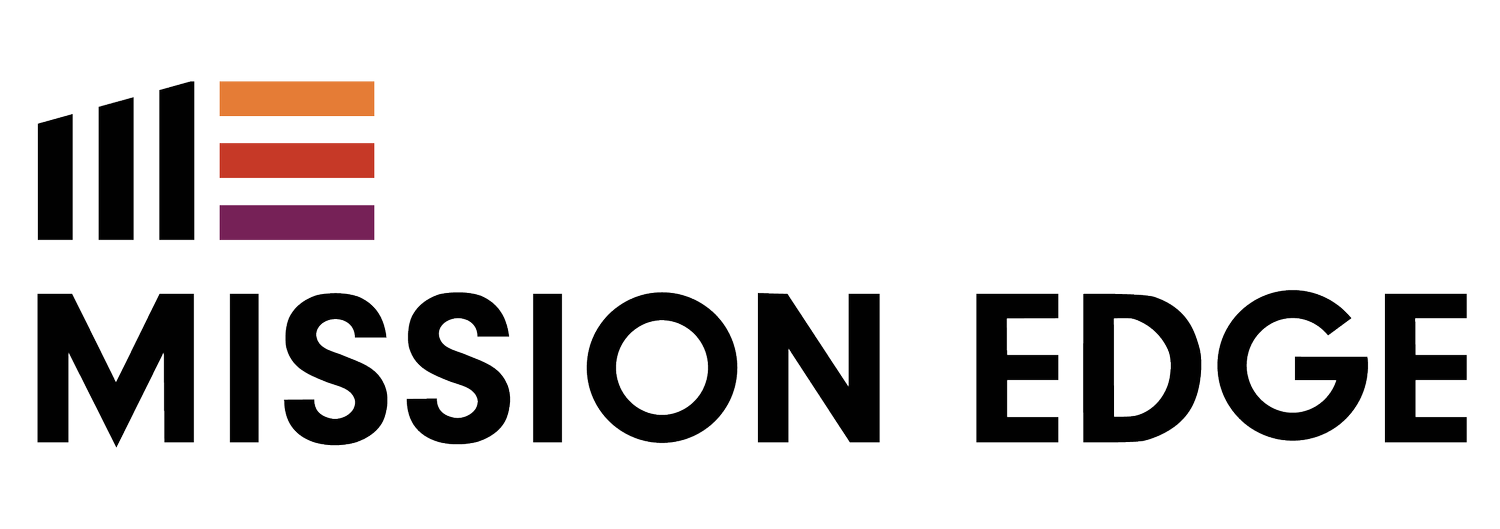Preparing for SMB Success
How to gear up for your first meeting with a finance coach
Whether it was the mile in elementary-school gym class or a full 26.2-mile marathon, at some point in our lifetime most of us have run a race.
Maybe you love running, or maybe you hate it. Regardless, you can probably appreciate that there’s a difference between the feeling of running a race you prepared for, and one you signed up for the night before.
No one likes feeling unprepared. This is true when you’re lacing up your shoes for a marathon, and it’s true in your life as a small business owner — you care about the success of your business, and you’ve put countless hours of work into building something you can be proud of.
So why does the idea of meeting with a finance coach put the same pit in your stomach as signing up for a race with zero training?
We’re all about taking the intimidation factor out of small business finance.
That’s why we’re walking you through why you need a finance coach, what you can expect from your first meeting, and how to ensure you’re as prepared as possible before that first Zoom call or coffee.
What are your small to medium-sized business’s (SMB’s) financial needs?
Unless you’re a CPA, you probably didn’t start your small business with the hope that you’d become an accountant along the way.
Small-business financial management can be overwhelming, especially when you’re learning it on your own. But that doesn’t mean it’s not crucial to the long-term viability of your organization. If you want to . . .
Use your (possibly limited) resources effectively
Keep your cash flow “in the green”
Stay profitable
Have good business credit
Be sustainable and competitive for years to come
. . . you need some sort of system to manage your business finances. There are a lot of tools for small business financial management, but at their core, they all stem from the following basics:
Budget creation (and maintenance)
Forecasting your revenue and expenses
Cash flow management
Accurate financial record-keeping
There are a lot of accounting, invoicing and billing softwares out there that are great tools for keeping you on track. But just like the impulse Home Depot purchase in your garage that you used once and haven’t touched in 10 years— if you don’t know how to use these tools, they won’t do you any good, and they’ll just take up space in your toolbox and collect rust.
This is where a finance coach comes in. Together, you’ll be able to put together a clear picture of where you’re at so that you can figure out where you’re headed.
Know where you’re coming from
As a rule of thumb, you shouldn’t start tearing down walls during a house reno without a solid understanding of the structure of the house. You want to know where the support beams are, as well as which walls you want to keep and which you want to get rid of.
In a similar way, before you change everything about how you do your finances, it pays to take a thorough look at where you’re at right now.
Here are a few benchmarks to get you going:
1 — Look over your financial statements from the last few months.
When you take a look at your income and expenses over time, are you making money or losing it? A.K.A., how does money flow in and out of your business? Do you have any debts or loans, and if so, are you able to manage them comfortably?
2 — Make sure your business is efficient.
If you have a physical product, are you stockpiling inventory, or constantly selling out? Whether your product is physical or a service, are you selling enough and keeping expenses at a level where you can keep running your business?
3 — Do you have a safety net in case things go wrong?
Do you have an emergency fund for tough times? What about a plan for the future of your business, with achievable steps to get there?
Let’s hit the pause button: we know we just threw a lot of questions at you. If you feel your pulse starting to rise, we want to reassure you that if you just identified some areas for growth, you’re in the right place to get help.
Maybe you’re able to identify one to two pain points that are the biggest roadblocks for your small business’s success. That’s a perfect place to start. Next, let’s make sure you know what you need to be well-prepared for your first meeting.
What’s in your bag? (first meeting with a finance coach edition)
So you’ve gotten in touch with a finance coach and scheduled your first meeting. Yay! What’s next?
Here are three practical things you can do to show up in the best way possible for you and your business:
1 — Set clear objectives for the meeting.
After reflecting on your business’s current financial situation, take a moment to define your top goals in meeting with a finance coach. Maybe you’re hoping to be able to pay yourself a fair wage, or chip away at some business loans. Whatever you come up with, jot down your hopes and dreams on something you’ll bring with you to that first meeting.
2 — Gather essential documents and information.
Take some time to gather supporting documents that relate to the objectives you just set. This could include bank statements from the last few months, a spreadsheet where you track expenses, a summary of your current loans and bills, etc. Put everything together in one location so that you and your coach can get a full picture of the goals you’re hoping to achieve.
3. Draft some relevant questions for your coach.
Reminder: this isn’t actually a pop quiz. This is about your business and your financial goals, and your finance coach should be fully on-board with helping you reach them. Come up with a list of questions to ensure you and your coach are on the same page.
Here are a few you could start with:
What experience do you have working with businesses of my size and in my industry?
What key performance indicators (KPIs) would you recommend for my business?
What strategies do you suggest for cash flow management?
Can you explain how you approach risk management?
What's your experience in debt management, and how can you help us reduce our liabilities?
Can you help us understand and implement financial regulations in our industry?
How can you support us in making strategic investment decisions?
What strategies do you recommend for improving profitability?
In general, how do you approach setting and achieving financial goals?
Working through these questions will give you a good idea of how you and your finance coach will work together and if you’re a compatible fit.
What to expect during the meeting
You’ve got your questions, your documents and your goals in order. Now it’s time to actually sit down for your first meeting. What’s it going to look like?
Every meeting will look different, obviously, but take a look at this sample agenda for an 80-minute meeting with a finance coach.
Post-meeting steps
You already made it to the end of your first meeting . . . yay! Once you close the Zoom or leave the coffee shop, take a couple of minutes to reflect on your own before you get back to the day-to-day.
Read over your meeting notes and notice how you feel — are you excited about the progress to come? Nervous? Both of these reactions are totally normal. Take stock of your emotions, and make sure you and your coach have addressed everything you’re hoping to work through. If not, make a note to go over anything you missed in your next session together.
It’s as easy as that — you’re already on you way to building a more viable long-term financial plan for your business.
TL;DR: We think working with a finance coach is worth your while
Here at Mission Edge, we’ve seen countless small to medium sized business owners like you go from overwhelmed and anxious about their finances to in-control and knowledgeable.
We believe that working with an experienced, unbiased professional is the best way to get unstuck from whatever is holding you back and finally work toward unlocking your business’s full potential.
This could be the year you . . .
Get out of debt and start earning more
Beat imposter syndrome and start paying yourself a livable wage
Feel in control of your finances
. . . Interested?
Want to keep the inspiration going? Read our success stories.
See how Impact Lab could help you gain financial clarity for your business in 2024
Join the waitlist to apply for the next cohort!


















